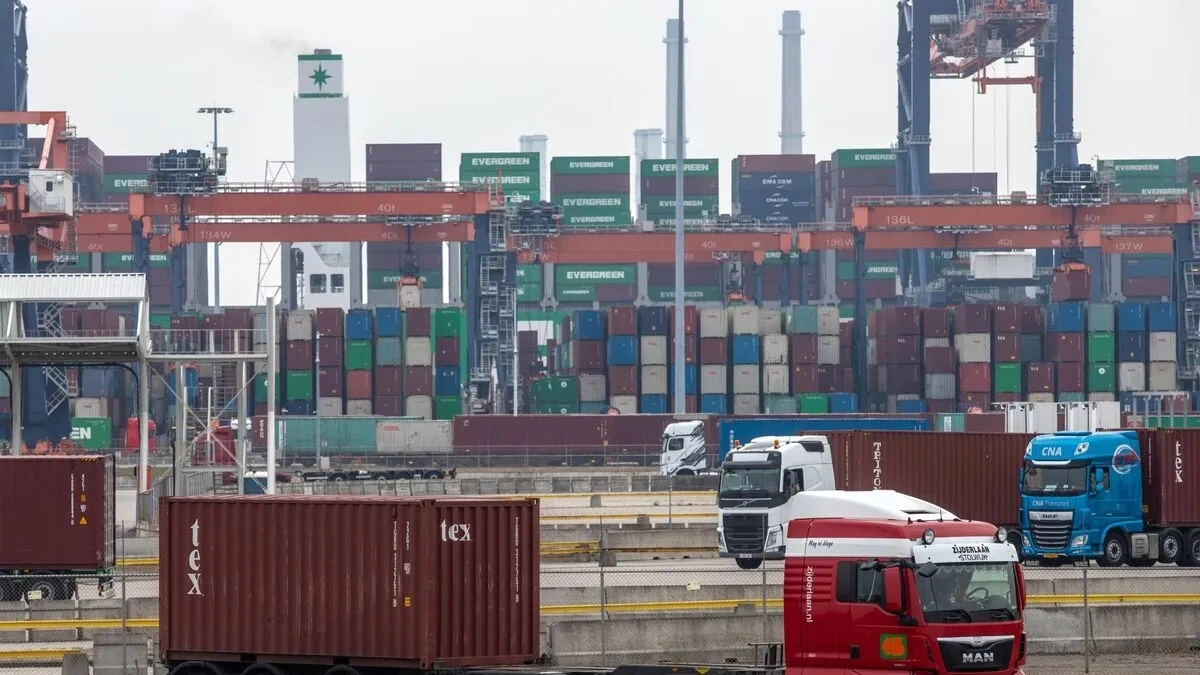Already a subscriber? Make sure to log into your account before viewing this content. You can access your account by hitting the “login” button on the top right corner. Still unable to see the content after signing in? Make sure your card on file is up-to-date.
The United States and Pakistan have reached a trade agreement that reduces tariffs on Pakistani exports and paves the way for US investment in Pakistan’s untapped oil reserves.
Some shit you should know before you read: If you’re unaware, the United States has been seeking to strengthen its relations with Pakistan in an effort to sway the country away from Chinese influence. Both China and Pakistan have deep trade and military ties, with Pakistan relying heavily on China’s defense exports and infrastructure investment projects. As of 2024, US trade with Pakistan sat at $7.3 billion. US exports to Pakistan totaled $2.1 billion, consisting largely of machinery and aircraft, while imports from Pakistan amounted to $5.1 billion (dominated by textiles and apparel). This $3 billion trade surplus in Pakistan’s favor has drawn criticism from Trump, prompting tariff negotiations to balance the relationship.

What’s going on now: In a notable development, President Trump announced a trade agreement between the United States and Pakistan, describing it as a “win-win” partnership that includes both economic concessions and a strategic energy component. The deal, finalized just before the August 1 tariff deadline, reduces tariffs on Pakistani exports to the US from a proposed 29% to 19%, offering Pakistan the second-lowest rate among South Asian nations. In return, Pakistan has agreed to open up its energy sector for oil exploration and development by US companies.
Trump noted that in the coming months, a US-based company would be tapped to lead the projects in Pakistan. It should be noted that Pakistan has 353.5 million barrels of known oil reserves, with some believing the country may have much more offshore oil that still needs to be explored.
From the Pakistani side, officials have highlighted the deal’s broader economic significance. “This deal marks the beginning of a new era of economic collaboration, especially in energy, mines and minerals, IT, cryptocurrency, and other sectors,” said Finance Minister Muhammad Aurangzeb, who led the final round of talks in Washington. In a recorded statement, Aurangzeb said that the agreement was “not just about trade—investment and strategic alignment are equally central.”







